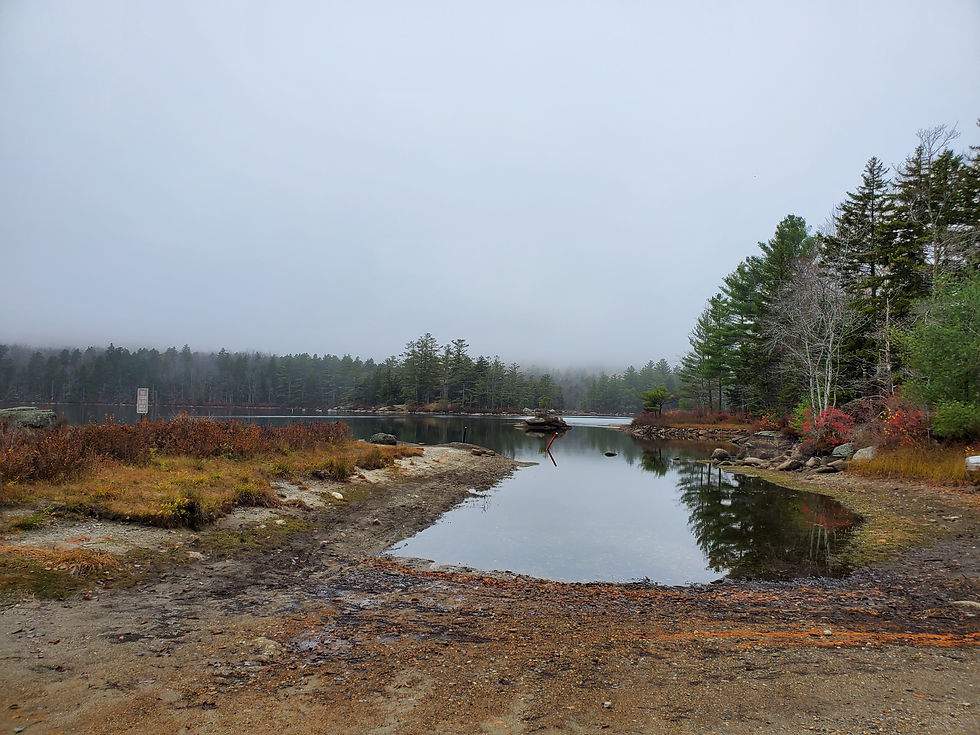Long Pond Lempster New Hampshire




ARTICLES
Long Pond, Lempster, New Hampshire
Summaries of various articles and in most cases a link to their site is provide.


Shoreland Protection Act (Update)
During the 2011 session, the legislation amended the Comprehensive Shoreland Protection Act (RSA 482-A). The major changes included changing the name of the Act to the "Shoreland Water Quality Protection Act" and revising the minimum standards relative to impervious surface limitations and vegetative buffers. The amendments also included establishing a new permitting process within the Act that allows shoreland property owners to file a permit by notification for projects within the 250-foot shoreland zone "that have no impact on water quality," and meet the specified notice, size, and purpose requirements. (For the most up-to-date summary of the Shoreland Water Quality Protection Act Standards, visit
http://des.nh.gov/organization/divisions/water/wetlands/cspa/index.htm
Joyful Return to the Woods of Lempster
Bequest of Land Honors a Cross-Generational Delight in the Outdoors
After spending most of his career in New Jersey and raising a family there with his late wife Catherine, David Diehl knew just what he was looking for when he decided in 1997 to quit city life and spend the rest of his days back in his hometown of Lempster, N.H. His house-hunting strategy reflected his priorities.
He bought the first place he was shown, with hardly a look at the house, said his sister, Emily Fairweather, who has lived in Lempster for most of her life. “I said, ‘Don’t you want to look at the house?’ He said, ‘No, look at the barn and the fields and the woods!’ ”
It was the forests and rural life that called him back to Lempster, along with family ties... Read the rest of the story on our Conservation Success Stories blog... https://www.forestsociety.org/blog-post/joyful-return-woods-lempster
Acid Rain Effects on New Hampshire Precipitation and Waterbodies
By: Kirsten Nelson, NHDES Biologist
Acid rain is caused primarily by gaseous sulfur dioxide (SO2) and nitrogen oxides (NOx). Once released into the atmosphere, these chemicals react with water molecules to produce acids. During precipitation events, the acidifying compounds return to the earth’s surface and modify waterbodies by reducing diversity and abundance of aquatic life, enhancing mercury bioaccumulation in fishes, and increasing exposure of fish to toxic inorganic aluminum. For New Hampshire, natural buffers against acidifying compounds are scarce due to natural geology, making waterbodies especially vulnerable to acid rain effects.

